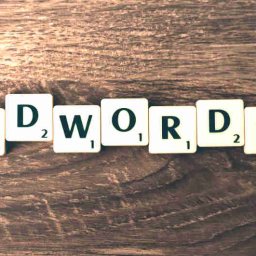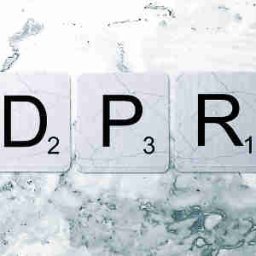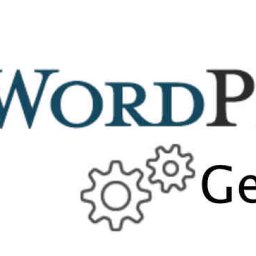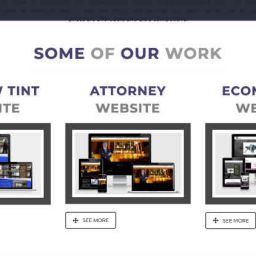Why You Need A SSL Certificate On Your Website
As a web designer and professional digital marketer, I am shocked that so many websites are still not using a secure SSL Certificate. SSL certificates are used to secure data transfers, credit card transactions, logins, and other personal information even if you are not operating an ecommerce website. They provide security to customers and make visitors more likely to stay on a website for longer periods of time or not just bounce off of a non-secure website.
Keep Sensitive Data Encrypted
The primary reason why SSL is used is to keep sensitive information sent across the Internet encrypted so that only the intended recipient can access it. When an SSL certificate is used, the information becomes unreadable to everyone except for the server you are sending the information to. Many websites are hacked due to unprotected files, outdated platform, outdated themes and outdated plug-ins that are capable of allowing malicious code injections.
SSL Certificate stands for (Secure Socket Layers) and is a public key infrastructure that uses the RSA method of encryption and authentication via security certificates. It helps to establish a secure connection between the client and the server through the secure protocol (https).
An SSL certificate encrypts data a user inputs into your websites so that it can securely travel from their browser to your web server. Credit cards and social security numbers are two of the most notable types of sensitive data that need an SSL certificate. Google along with Digi Dezine has taken the stance that all data submitted on your website should be secured with an SSL. If your site was built by yourself or someone else, you can easily find whether your website has an SSL certificate by whether the URL of the site starts with (http) or (https). If it’s loaded in your browser with https at the start, then you have an SSL on your website. But you may need to double check the browser and click on the icon before your web address to see if the SSL is activated.
Over the course of the last couple of years, the web has slowly inched closer to a fully encrypted browsing experience with an SSL. At present Google is applying the (Not Secure) label to any page served over HTTP or a website without an SSL certificate.
If your website doesn’t collect sensitive data, like credit cards or social security numbers, you may not have needed an SSL certificate in the past. However, with the new browser notices, it’s now important to ensure every website has an SSL certificate and is loaded via (https). Cybersecurity has become a much bigger threat than the average person may realize.
Why Should I Put an SSL Certificate On My Website?
An SSL Certificate also has SEO Benefits
Google’s search algorithm detects if your website has an SSL certificate and gives websites a boost to your site in their search rankings. It might not be noticeable and may happen slowly for some and decrease rankings fast for others. It is one of the many factors Google takes into consideration when calculating where in search results your website should land regarding page rank.
SSL Certificates Earn Your Users’ Trust
Our society is becoming more web savvy and when a user sees an SSL certificate, they can have confidence that their data is secure when it makes its way to your web server. An SSL certificate adds credibility and confidence to your website.
How do I add an SSL certificate to my website?
Most hosting providers can add an SSL certificate for a yearly fee and depending on the hosting plan may provide a free auto SSL certificate. At Digi Dezine we provide a FREE SSL certificate for our web clients that maintain their websites with us.
My Website Isn’t Secure Should I Get A SSL Certificate
After reading this article and searching the internet you should realize the importance of an SSL certificate and have one on your website.
For information regarding your website or having us design a new one feel free to EMAIL US or phone directly at 702.610.3896.
















